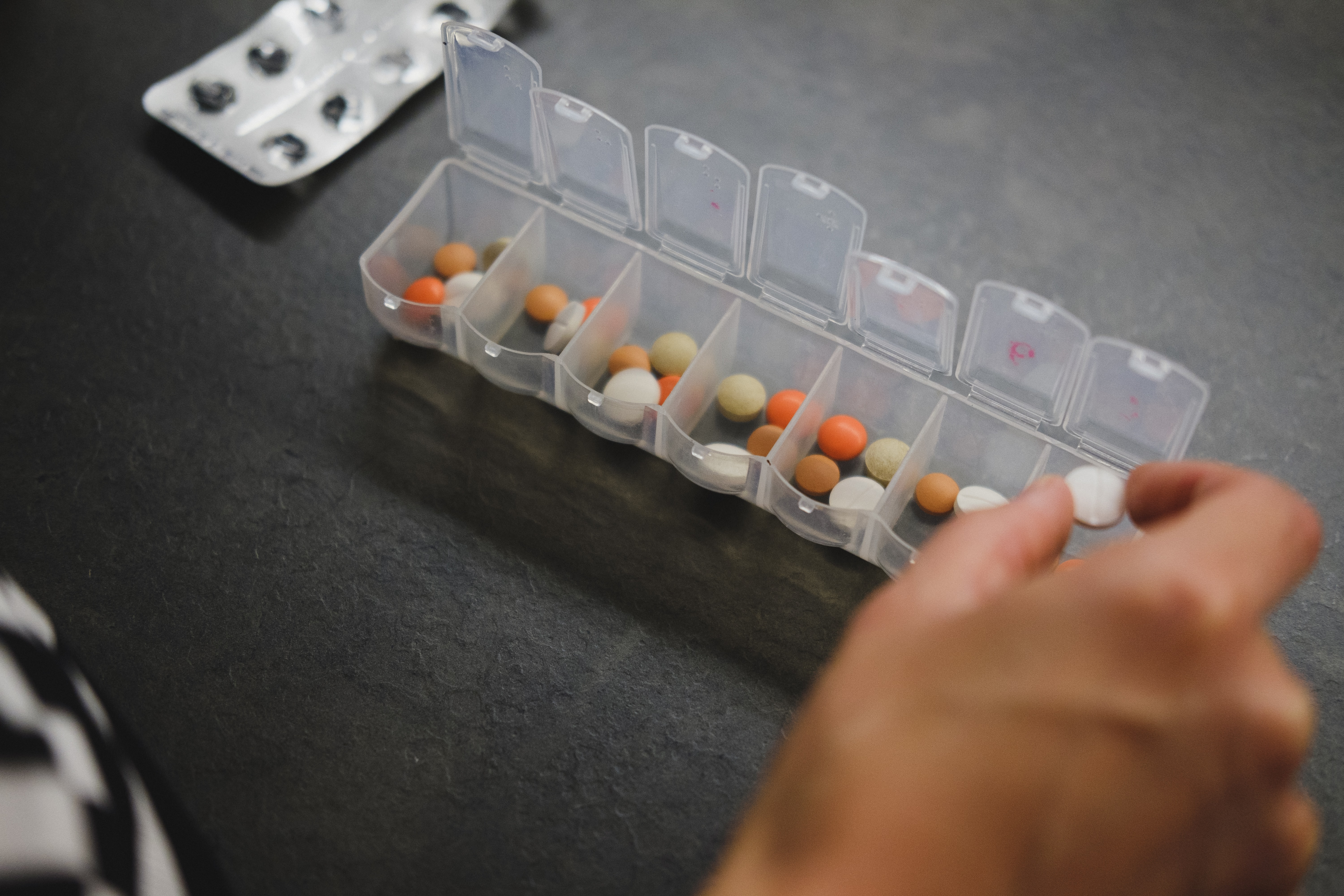The vaccination marathon of the world’s population continues in 2021. Stocks of companies producing Covid-19 vaccines do not experience their all-time highs; they are in the same position as other sectors on financial markets. However, from the long-term perspective, production problems are expected to be resolved and ordered volumes are supposed to multiply their current values, which is favourable for further growth in pharmaceutical stocks. We could see them growing throughout last year when the value of some firms in this segment was rising in the order of several hundred percent thanks to the results of clinical trials and approval processes.
AstraZeneca
The use of the vaccine developed by AstraZeneca in cooperation with the University of Oxford is being approved by a growing number of regulatory bodies, which prepares the ground for its general use, namely in the developing countries.
AstraZeneca’s stocks are now traded at approximately the same level as in prior year and the WHO’s approval of the vaccine may have a strong impact on the expansion of its use in other countries. In addition, the company’s commitment not to profit from the sale of the vaccine against COVID-19 may shuffle the cards with respect to its competitors.
AstraZeneca’s vaccine is sold for the lowest price among the currently available vaccines. According to the Belgian health minister, the price is EUR 1.80 (USD 2.20) per dose in the European Union compared to EUR 18 for a dose from Moderna and EUR 12 for Pfizer’s vaccine.
There are several good news in this respect. The Government in Canberra said that it had ordered a sufficient amount of doses from AstraZeneca that should be produced in Australia in order to cover all of the country’s population. The doubts about efficacy of the firm’s vaccine in the 65+ age group are slowly vanishing and its low price together with easy transportation, storing and handling could eventually make it a potential candidate for one of the most widely used vaccines all around the globe.

Pfizer
Pfizer as the largest pharmaceutical company in the United States increased its year-on-year net profit by more than 76% in the fourth quarter, representing nearly USD 600 million. This year, the company expects sales of about USD 15 million arising from the vaccine distribution. The company plans to supply approximately 2 million vaccines this year.
Good news for the company came from Japan where the Japanese Ministry of Health announced on Sunday that Pfizer’s Covid-19 vaccine had been officially approved. It is the first vaccine against COVID-19 approved in the country as it increases the effort to prevent the third wave in the period before the Summer Olympic Games.
For the past few weeks, Pfizer stock trading has been consolidated with the price keeping close to USD 34.60 of 29 October 2020.

Moderna
Moderna moves up its expected supplies of 300 million doses of COVID-19 vaccine to the end of July. On Tuesday (16 February 2021), the firm updated information on the supplies of its COVID-19 vaccine, expecting to supply 100 million doses to the US Government by the end of March. Moderna also stated that it had rescheduled the delivery of the second batch of 100 million doses from the end of June to the end of May and it would supply its third package of 100 million doses by the end of July instead of the end of September. The company says that to date, it has delivered 45.4 million doses of its vaccine. According to the Centres for Disease Control and Prevention, 25.5 million doses have been administered.
Compared to its competitors, Moderna’s stock has grown by 87.6% over the last three months.



